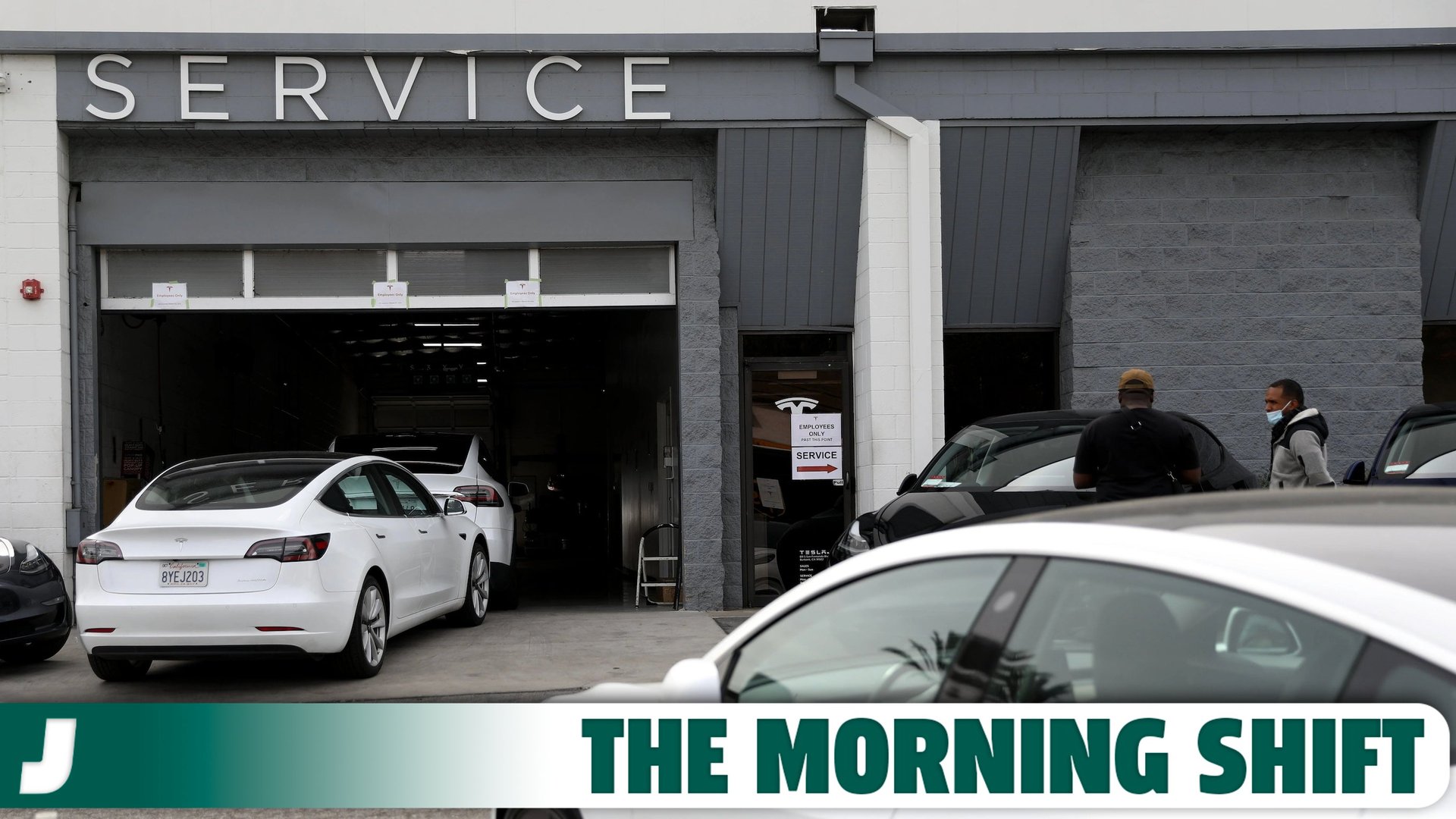America's car recall system is badly broken — and the industry knows it
Automakers are making very little progress when it comes to repairing their oldest vehicles that have potentially life-threatening defects

Proposed solutions to fix the United States’ vehicle safety recall system have been sidelined or killed (mostly) thanks to some of the biggest players in the automotive industry.
Suggested Reading
The Detroit Free Press conducted a monthlong investigation, finding automakers overseen by federal regulators are making very little progress when it comes to repairing their oldest vehicles that have potentially life-threatening defects. The issues are putting millions of folks on the road at serious risk. From Freep:
Related Content
U.S. Sen. Richard Blumenthal, a former state attorney general who made his name on consumer issues, is pushing his bill to enact a nationwide ban on dealers selling used cars and trucks with open recalls, saying in an interview that “some of these safety defects are serious and potentially extremely dangerous. But consumers have no idea about them, often, when they purchase used cars, and the dealers should have an obligation to repair them before they sell them.”
The Democratic senator from Connecticut has introduced or reintroduced his bill in every new Congress since 2015. The bill also addresses concerns by dealers about having unsellable cars and trucks on their lots. It would allow recalled vehicles to be sold to other dealers who are able to fix the defects. In addition, the legislation would require manufacturers to provide parts to make fixes within 60 days or reimburse dealers if the manufacturers cannot provide needed parts.
Blumenthal isn’t alone. Auto safety experts support his efforts in the Senate.
“New cars can’t be sold with an open recall, why should used cars be an exception?” asked longtime safety researcher Sean Kane of Safety Research & Strategies in a statement to support Blumenthal’s bill.
Michael Brooks, an auto safety advocate, blames the failure of the law’s passage on the auto industry, which has “better lobbyists” than other industries with known defective products that are prohibited for sale. “Because it seems like you would want to get them off the road as soon as possible.”
Some big industry players like Honda Motor (HMC) endorsed an earlier proposal that would require any outstanding safety recall to be completed before a vehicle could be legally registered in a state. Some consumer groups now criticize that approach because it could unfairly restrict low-income families who depend on their vehicles.
Blumenthal’s sales ban has faced opposition from the National Automobile Dealers Association, which represents about 16,000 dealers. (Representatives for the association did not respond to a request for comment for this article.)
The association has said its dealers don’t sell vehicles with the most severe warnings, such as a “Do Not Drive” edict. Carfax estimates fewer than 10% of all recalls have such warnings.
Of course, the dealer association emphasizes that not all recalls are created equally, and many of them are minor enough to still allow customers to drive while waiting for repairs. The association has said a blanket ban on selling used cars with open recalls would lead to additional costs to the customer.
In exchange for those higher prices, the sales ban wouldn’t really impact the nation’s overall efforts to get recalled vehicles fixed, according to the association.